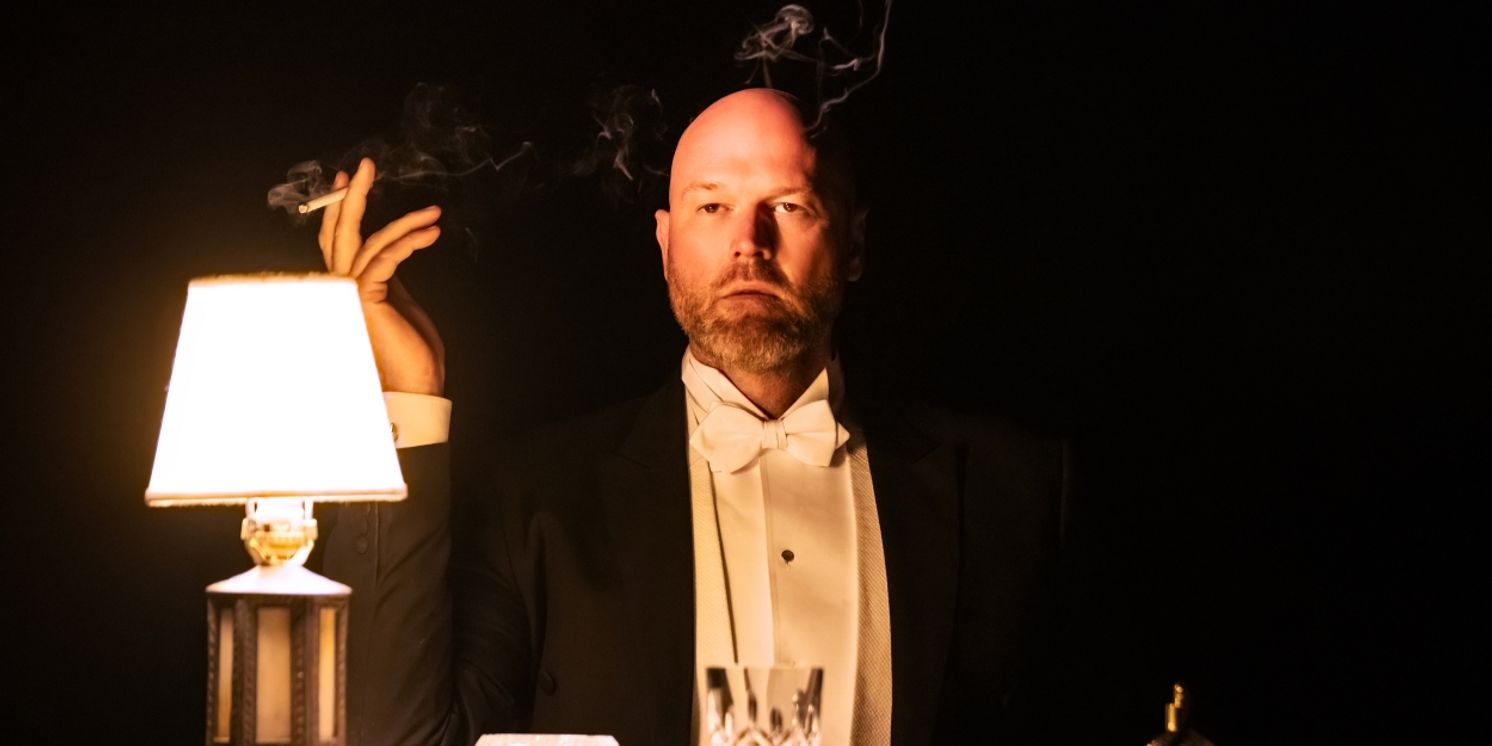Review Roundup: SPAIN Off-Broadway Premiere
Spain is written by Jen Silverman and directed by Tyne Rafaeli.

Second Stage Theater is presenting Spain by Jen Silverman and directed by Tyne Rafaeli. The company features Tony Award nominee Marin Ireland, Zachary James, and Erik Lochtefeld, Andrew Burnap, and Danny Wolohan. Read reviews for the production below.
SPAIN is the recipient of the Blanche and Irving Laurie Foundation Theatre Visions Fund award and is generously supported with a gift from MacPac Entertainment LLC. Spain is a Second Stage commission, supported by the New American Voices Fund.
Step into a sophisticated, slippery world where the line between truth and fiction is all in the packaging. It's 1936, and a pair of passionate filmmakers have landed their next big project: a sweeping Spanish Civil War film with the potential to change American hearts and minds. It just happens to be bankrolled by the KGB. This seductive and funny new play about the art of propaganda and the dangerous ongoing Disinformation Age explores how art can change the world—for better and worse.
SPAIN features scenic design by Dane Laffrey, costume design by Alejo Vietti, lighting design by Jen Schriever, and original music and sound design by Daniel Kluger. Casting is by The Telsey Office.
Jesse Green, The New York Times: Regarding “Spain,” a synthetic yarn with too many twists to follow in 90 minutes, the answer to that same question is no. I soon stopped trying to make sense of it, realizing that the story didn’t matter; ultimately Silverman is less concerned with Russian influence in the Spanish Civil War than with the permanent problem of art in the world. A final underwhelming gesture takes us even further from the facts to consider whether Soviet-style propaganda really died with the Soviet Union or merely moved elsewhere, co-opting more artists in the process.
Sara Holdren, Vulture: Even when Silverman goes for sincerity, it feels like they’re holding something back. They get more somber, more verbose, but not more exposed. They write around the cliff rather than leaping from it.
Tim Teeman, The Daily Beast: They simply don’t seem that conflicted, or in pursuit of anything urgent or meaningful. The play becomes a turgid Talking About Things exercise, around topics like culture, identity, art, and loyalty. With actors of this quality this persistent chin stroking can be occasionally illuminating and witty, but we never get a real sense of the characters of people because of the tension-free zone Spain descends into. Still, Hemingway gets a monologue, which is impressively bonkers with a dash of Elvis.
Robert Hofler, The Wrap: While “Spain” is a play about artists who are dupes and why the art they make doesn’t really change anything – everything is explained in a final scene that is set several decades into the future – there’s nothing questionable about Tyne Rafaeli’s cinematic direction of Silverman’s play. While the dialogue sometimes goes static, Rafaeli always dazzles and keeps the visuals moving on Dane Laffrey’s sliding-door set that never stops finding new ways to introduce James’ Karl, always bathed in Jen Schriever’s atmospheric lighting, who steals the show.
Frank Scheck, New York Stage Review: A history play that heavily distorts the facts. A social commentary about the not-so-thin line between art and propaganda that fails to make the distinction particularly interesting. A satire about the methods in which ideas are imparted that delivers the less than revelatory notion that the internet has supplanted films and literature. Those are some of the ways you could describe Spain, Jen Silverman’s undeniably ambitious new play being presented by Second Stage. Another way you could describe it is as simply a misfire.
Juan A. Ramirez, Theatrely: Its solid performances, led by Andrew Burnap and Marin Ireland as two people romantically and professionally set up by the KGB, are left as adrift as their characters, whose relationship’s poorly constructed imbalances are meant to drive the narrative. Ireland’s character seems privy to higher-class information than Burnap’s, though the script’s adherence to espionage-lite obfuscation, and reluctance to apply itself to any one idea, makes it hard to know. And without knowing their histories, motivations, or even in-scene dynamics, it’s hard to care. Danny Wolohan and Erik Lochtefeld play Hemingway and John Dos Passos against type, and Zachary James gets to sing opera as a Soviet agent.
Reader Reviews
Powered by
|
Videos

